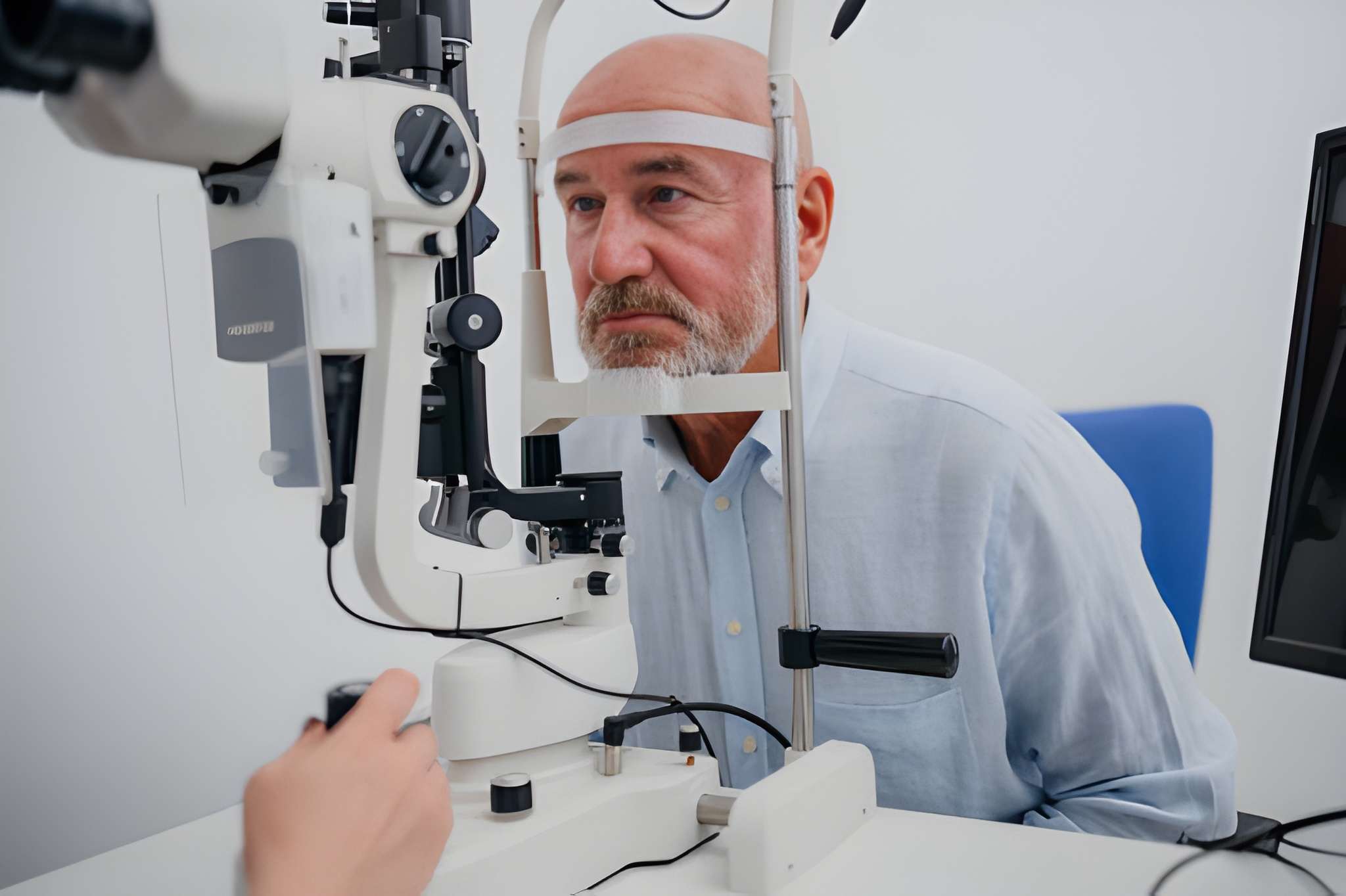Many seek clear vision. They turn to surgery for refractive errors like myopia, hyperopia, and astigmatism. Among the various surgical options available, Implantable Collamer Lens (ICL) surgery is popular. It’s for people who want a reversible, effective option. It’s an alternative to glasses, contact lenses, and LASIK. But, its popularity has risen. Concerns about its safety and risks, like the risk of blindness, have become a big topic. This article delves into the details of ICL surgery in Dubai. It evaluates its safety. It addresses the question: Can ICL cause blindness?
Understanding ICL Surgery
ICL surgery involves inserting a biocompatible lens. The lens is made from Collamer, a material. It goes between the iris and the natural lens. This procedure corrects vision. It does so by focusing light onto the retina. This improves visual acuity. The process is reversible, and the lens can be removed or replaced if necessary. This feature sets ICL apart from corneal surgeries like LASIK. In LASIK, the change to the eye’s structure is permanent.
The Safety Profile of ICL Surgery
The safety and efficacy of ICL surgery have been subjects of numerous studies over the years. Ophthalmologists agree that ICL is safe and effective. It corrects moderate to severe refractive errors. Complications, while possible, are rare and usually manageable. Research and patient follow-ups show this. The rates of serious complications leading to vision loss are very low.
Potential Risks and Complications
ICL surgery is like any surgery. It has risks and complications. These can include:
- Infection: Infection is a risk with any surgery. But, it is rare and can be treated with antibiotics.
- Overcorrection or Undercorrection: In some cases, the first surgery might not fix the vision. It might need an extra procedure.
- Cataract Development:The ICL can raise the risk of cataracts. This is true for some patients, especially if the lens is the wrong size or position.
- Increased Intraocular Pressure (IOP): There’s a risk of elevated IOP, which can lead to glaucoma if not managed properly.
- Anterior Uveitis: This refers to inflammation of the middle layer of the eye, which can usually be controlled with medication.
Note that these issues can harm vision. But, they rarely cause total vision loss or blindness. This is if a good eye doctor deals with them fast and well.
Can ICL Surgery Cause Blindness?
The question of whether ICL surgery can cause blindness warrants a nuanced response. The risk of severe complications leading to blindness exists. But, it is very low. The most critical factor in reducing these risks is picking an experienced surgeon. It’s also crucial to do a thorough pre-surgical evaluation. This evaluation ensures the patient is suitable for the procedure. We must identify and address potential contraindications. These include abnormal eye anatomy or severe eye diseases.
Also, ICL technology and surgery have improved. They have made the procedure safer. Modern ICLs have features like a central hole. It helps fluid flow and cuts IOP. They also have UV protection. These features further reduce risks from earlier versions of the lens.
Mitigating Risks: The Role of the Patient and Surgeon
The patient and surgeon must partner. This partnership is vital for cutting the risks of ICL surgery. Patients must undergo comprehensive eye exams to assess their candidacy for the procedure. Discussing all potential risks and benefits with the surgeon allows for informed decision-making. Following the surgeon’s pre- and post-operative care instructions is crucial. They are key for a successful result and to prevent complications.
Conclusion
ICL surgery is a big advance in refractive surgery. It offers an effective and reversible option for those seeking to fix their vision. The procedure has risks. But, they’re unlikely to cause blindness. This is especially true with proper patient selection, advanced surgery, and post-op care. As with any medical procedure, people considering ICL surgery should consult with skilled eye doctors. They need to understand the risks and benefits well. This ensures they make an informed decision. ICL surgery’s future keeps changing. It promises safer and better vision correction for patients worldwide.
Schedule Your Consultation with Dr. Qasim, the Best Eye Doctor in Dubai
Taking the first step towards crystal-clear vision has never been easier. Dr. Qasim and his team are dedicated to giving you the safest and best vision correction. These include the advanced ICL surgery. Dr. Qasim is the best eye doctor in Dubai. His practice is at the forefront of eye technology and patient care. He ensures that your journey to better vision is smooth, comfy, and tailored to your needs.
If you’re considering ICL surgery or want expert advice on your vision correction options, then reach out. Schedule your appointment with Dr. Qasim today. Then, start the path to seeing clearly. Our friendly team is ready to support you every step of the way, from initial assessment to post-surgery care, making your vision goals a reality. Contact us now to discover how we can help you achieve your perfect vision.
Frequently Asked Questions
What exactly is an Implantable Collamer Lens (ICL)?
An ICL is a lens put in the eye to fix vision. It focuses light onto the retina. It’s a reversible alternative to LASIK and glasses. It does not change the eye’s structure.
How does ICL surgery maintain its safety profile?
ICL technology and surgery have improved. Careful pre-surgery assessments and patient selection also help. They make ICL surgery safe and successful.
What are the main risks associated with ICL surgery?
ICL surgery is safe. But, it has risks like infection, over or undercorrection of vision, cataracts, high intraocular pressure, and uveitis. Prompt medical care can manage these risks.
How likely is it for ICL surgery to cause blindness?
The risk of blindness from ICL surgery is extremely rare. Good surgical planning, technique, and post-surgery care cut the risk of severe complications.
How has ICL technology evolved to enhance safety?
Modern ICLs have design improvements. They have a central hole for fluid flow and UV protection. These reduce risks of high intraocular pressure and add eye protection. They enhance safety.
Why is the patient-surgeon relationship crucial for ICL surgery?
A strong partnership ensures thorough pre-surgery evaluations. It allows informed decision-making based on a detailed understanding of risks and benefits. It also ensures following post-surgery care instructions for the best outcomes.
Can ICL surgery be reversed or adjusted?
Yes, one of the unique advantages of ICL surgery is its reversibility. Doctors can remove or replace the lens if vision changes or problems arise. This provides flexibility and peace of mind.
What steps can patients take to minimize risks with ICL surgery?
Choosing an experienced surgeon is key. Patients should also get thorough eye exams to ensure they are suitable. They should also closely follow pre- and post-surgery instructions. These steps help minimize risks of ICL surgery.











